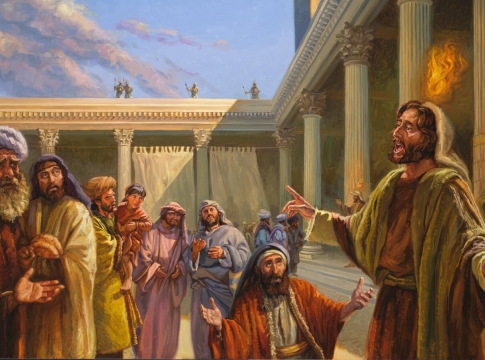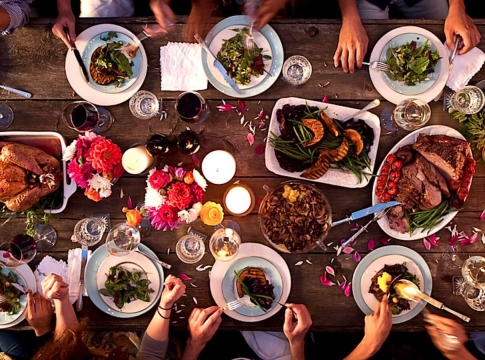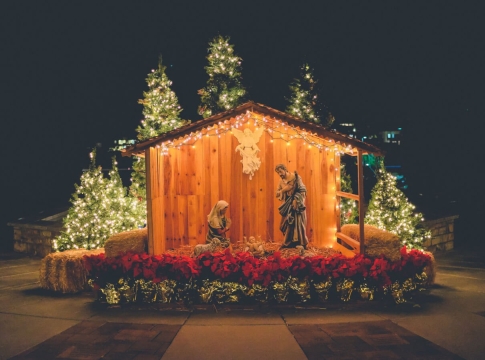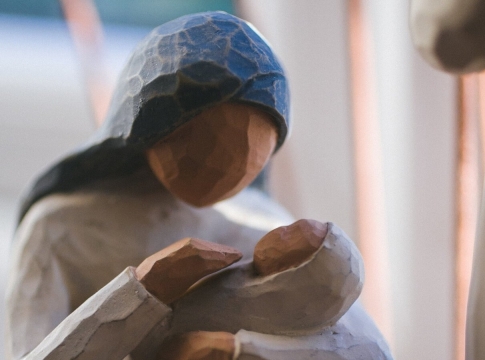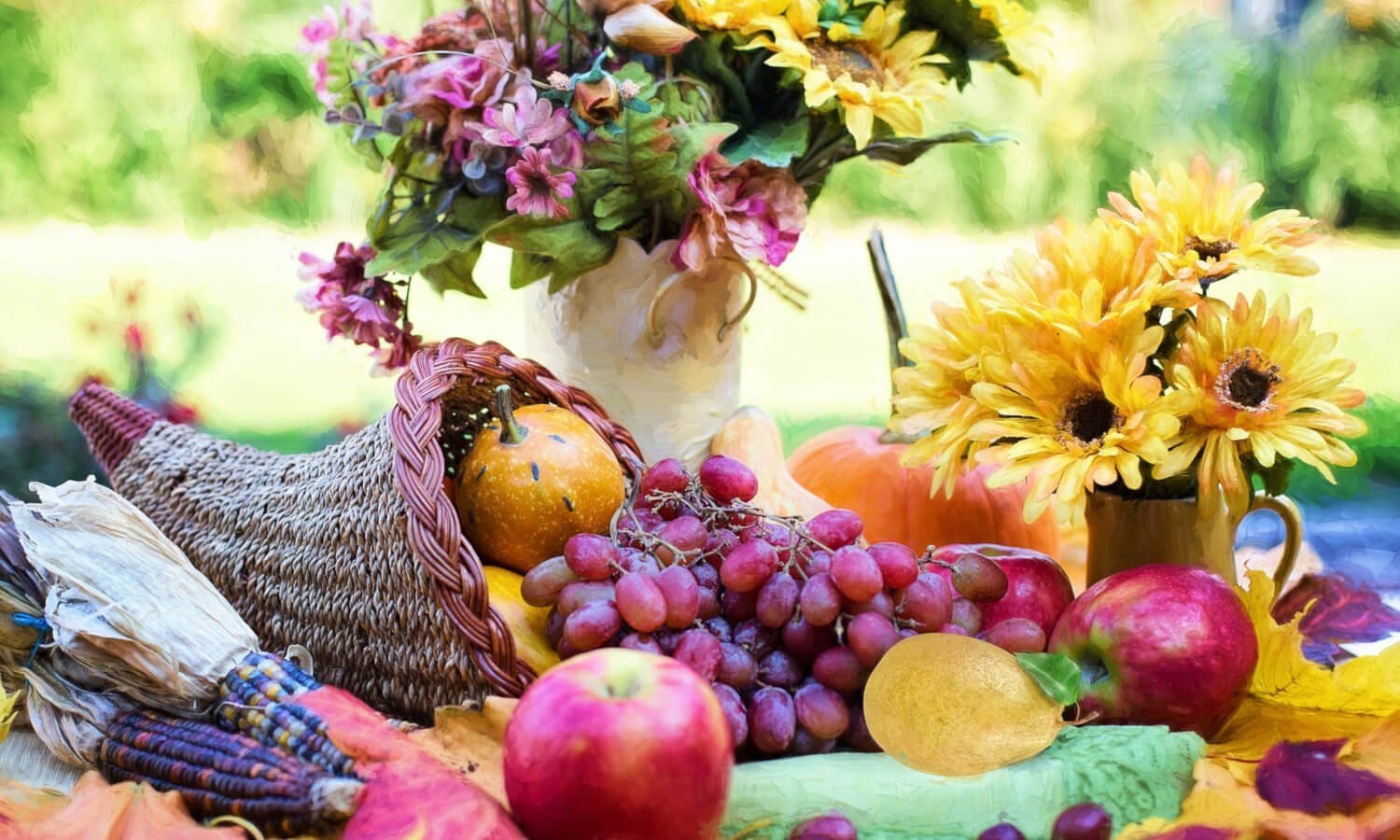
Christians have cause for joy and celebration. We truly may “rejoice in the Lord always” because of all that God has done for us (Philippians 4:4). However, there are specific days that we particularly commemorate and honor God’s act of salvation.
Major feasts in the Old Testament
God gave the Israelites several feasts to observe in the Old Testament. The harvest season was the subject of the three main feasts (Deuteronomy 16:16–17).
- When the barley was harvested, people celebrated the first feast, known as Pesach. A portion of the crop was presented to the Almighty. The Israelites likewise rejoiced at this feast, remembering how God had [rescued them from Egyptian slavery]. That was a significant act of salvation that we must never overlook! Eating the Passover lamb was one of the customs associated with it (see, for example, 2 Chronicles 35:6).
- Pentecost, the second feast, was observed during the wheat harvest (Exodus 34:22). The Israelites presented their first “fruits” to God at this time. Additionally, they commemorated and remembered that on Mount Sinai, God had given His covenant law, the Torah.
- There was one more round of feasts at the conclusion of the harvest season (Leviticus 23:24–34). A day of rest marked the beginning of this, “a memorial proclaimed with blast of trumpets.” The Israelites observed the Day of Atonement on the ninth day. The Feast of Booths marked the end of the season. In Leviticus 23:42–43, it is said, “All native Israelites shall dwell in booths, that your generations may know that I made the people of Israel dwell in booths when I brought them out of the land of Egypt.”
Therefore, all of these feasts served as opportunities to give thanks to God, recall His great acts of the past, and mend ties with Him.
Christian feasts
While Christians celebrate many different feasts these days, some of them have roots in the ancient Jewish holidays. The principal holidays observed by Christians are:
- Holidays. We commemorate [the way Jesus Christ was born] as a human infant on this day in order to rescue humanity.
- Easter and Good Friday. We commemorate [the death and resurrection of Jesus.] The fact that Jesus died and rose on the Jewish holiday of Pesach makes him unique. He was the banquet’s fulfillment because, by dying in our place (as the perfect Passover lamb), He accomplished the ultimate act of salvation—far more significant than the deliverance of Israel from Egyptian slavery. Examine 1 Corinthians 5:7, for instance. “For Christ, the lamb we kept for Passover, has been offered up.” Through his resurrection, Jesus overcame evil and sin.
- We commemorate on Ascension Day how [Jesus returned to His Father in heaven].
- God released the Holy Spirit on the Jewish feast of Pentecost. Christians also observe this occasion. It was the start of the church and the realization of Jesus’ promise to send the Spirit of truth, or “the Helper” (John 15:26; John 16:7).
All of these feasts are unique opportunities to give thanks to God for his work of salvation. They are wonderful opportunities for Christians to get together and commemorate what God has accomplished, even though not all Christians observe them on the same days and in the same way. Do you celebrate with the Christian community throughout the world?
The greatest feast is still to come
The magnificent future that God has planned for us is the greatest aspect of being a Christian. A feast or banquet is portrayed as this future: Jesus predicts that “people will come from east and west, north and south, and will take their places at the feast in the kingdom of God.” (NIV) Luke 13:29
“The kingdom of heaven may be compared to a king who gave a wedding feast for his son, and sent his servants to call those who were invited to the wedding feast,” Jesus said in a parable about a wedding feast to explain what God’s Kingdom is like. But the people that were invited did not want to attend! That didn’t, however, end the feast. “And those servants ventured out into the streets, gathering everyone they came across, good and bad. Thus, there were plenty of visitors at the wedding hall. Matthew 22:1–10 This tale demonstrates the significance of accepting God’s offer as well as the fact that everyone is extended an invitation by the Lord!
Christians always celebrate [the Lord’s Supper] or Communion as a reminder of Jesus’ death and as a taste of the grand feast that God has prepared for his children. They share a piece of bread and a small amount of wine as representations of the body and blood that Jesus gave on their behalf.
Have you answered God’s invitation yet? Do you anticipate enjoying this feast?

